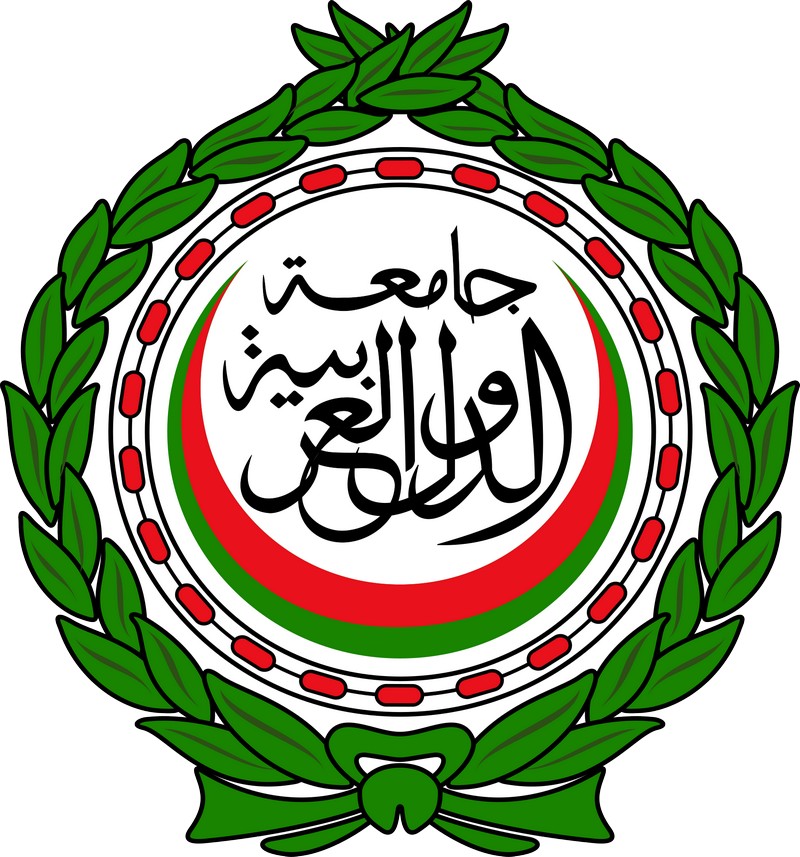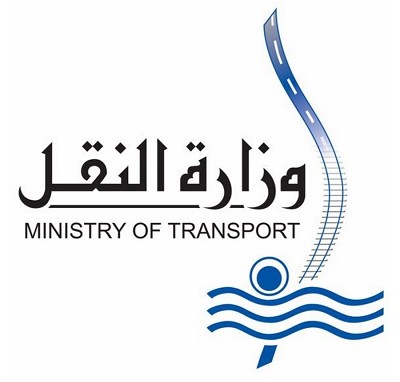Introduction
Introduction


Smart & Resilient Logistics Corridors
Future Gateway to the Green Trade
8-10 February 2026
Global supply chains are undergoing rapid transformation, driven by technological developments, sustainability requirements, and the growing demand for efficient, synchronized deliveries. This evolution has led to the emergence of integrated logistic corridors, designed to optimize the flow of goods while maintaining high operational standards.
Smart Green Logistic Corridors represent a cornerstone approach to enhancing supply chain efficiency, sustainability, and digital transformation. By integrating advanced technologies such as IoT, AI, blockchain, and big data analytics, these corridors enable real-time monitoring, process automation, and data-driven decision-making. The adoption of smart multimodal transport systems, including electric vehicles, railways, and inland waterways, plays a key role in reducing carbon emissions and minimizing the environmental impact of freight transport.
Through seamless connectivity and collaborative partnerships between governments, logistics providers, and technology firms, Smart Green Logistic Corridors pave the way for more resilient, sustainable, and future-ready supply chains.
The 15th MARLOG Conference sheds light on the pivotal role of Smart Green Logistic Corridors in enhancing and maximizing global trade flows. The conference explores key pillars that form the foundation for developing strategies in the establishment and management of logistic corridors, with the ultimate goal of achieving operational and service optimization.
https://marlog.aast.edu/en/video/G5nHxdTRvjY
Topics
-
Efficiency and Sustainability of Mega Maritime Infrastructure Projects on Logistics Corridors and World Trade Growth
-
Green Blue Logistic Corridors: Zero Emissions Developments and Innovations
-
Logistic Corridors in the Era of Automation and Digitalization
-
Logistic Corridors Investments and Their Impact on Economic Growth and Global Competitiveness
-
Logistic Corridors Resilience and Optimization
-
Engineering of Freight Facilitation Modernization and Reform
-
Workforce Capacity Building and Development
-
Engineering Design Aspects of Logistics Corridors
-
Cross-Border Logistics Challenges: Addressing regulatory, cultural, and operational hurdles in international logistics.

